HS-LS2-6
Evaluate the claims, evidence, and reasoning that the complex interactions in ecosystems maintain relatively consistent numbers and types of organisms in stable conditions, but changing conditions may result in a new ecosystem.
-
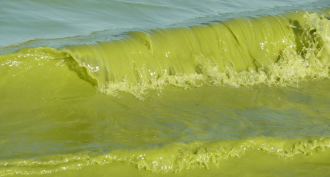 Tech
TechWater sensor quickly detects algal poison
A new sensor can detect poisons from harmful algae within minutes so that drinking-water plants can start timely treatments.
-
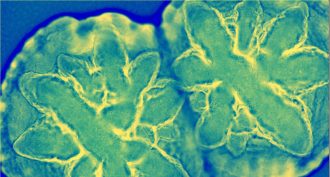 Microbes
MicrobesMouth germs team up to boost disease risk
The oxygen given off by harmless mouth bacteria can help disease-causing invaders grow strong and flourish.
-
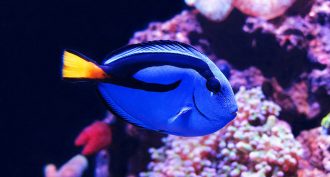 Animals
AnimalsCatching ‘Dory’ fish can poison entire coral reef ecosystems
More than half of saltwater-aquarium fish sold in the United States may have been caught in the wild using cyanide, new data show.
-
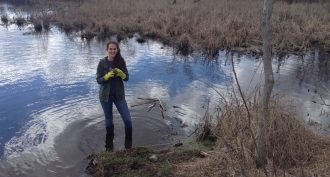 Environment
EnvironmentFighting big farm pollution with a tiny plant
Fertilizer runoff can fuel the growth of toxic algae nearby lakes. A teen decided to harness a tiny plant to sop up that fertilizer.
-
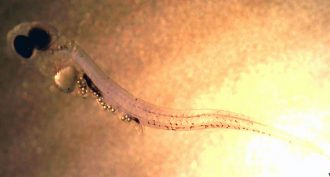 Environment
EnvironmentUh oh! Baby fish prefer plastic to real food
Given a choice, baby fish will eat plastic microbeads instead of real food. That plastic stunts their growth and makes them easier prey for predators.
-
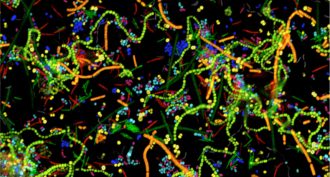 Microbes
MicrobesSlime cities
Biofilms are like tiny cities of bacteria — some harmless, others destructive. Scientists are learning how to keep these microscopic metropolises under control.
-
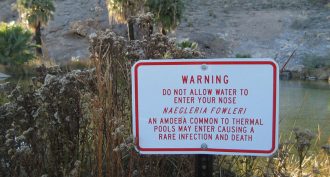 Microbes
MicrobesHow ‘brain-eating’ amoebas kill
When people infected with a “brain-eating amoeba” die, their own immune systems might be to blame.
-
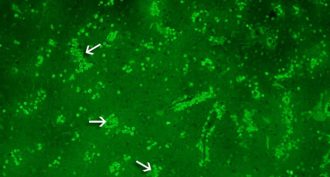 Health & Medicine
Health & MedicineFive things to know about ‘brain-eating’ amoebas
These parasites can be scary, but they rarely trigger infections. Still, knowing more about them can help you avoid behaviors that heighten risks.
By Janet Raloff -
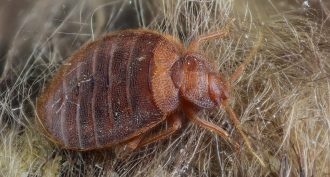 Animals
AnimalsReturn of the bed bug
Bed bugs have staged a comeback over the past 15 years. The bloodsucking parasites succeeded through a combination of evolution and luck.
By Brooke Borel -
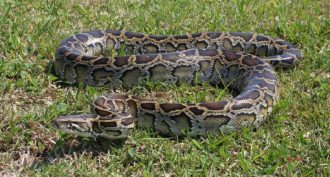 Animals
AnimalsNews Brief: Rabbit-hunting pythons are altering Everglades
Rabbits may breed rapidly, but not fast enough to compensate for the huge summer appetites of huge pythons roaming Florida’s Everglades.
By Susan Milius -
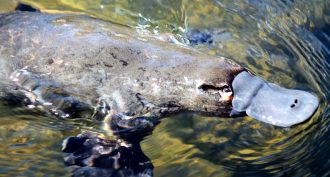 Animals
AnimalsCats and foxes are eating up Australia’s mammals
Since the arrival of Europeans in Australia, a startling number of mammal species have disappeared. A new study puts much of the blame on cats and foxes introduced by the early settlers.
-
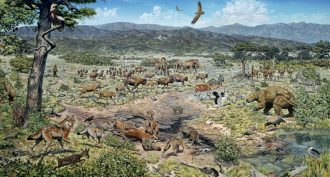 Fossils
FossilsTar pit clues provide ice age news
New analyses of insects and mammals trapped in the La Brea Tar Pits point to climate surprises during the last ice age.
By Sid Perkins